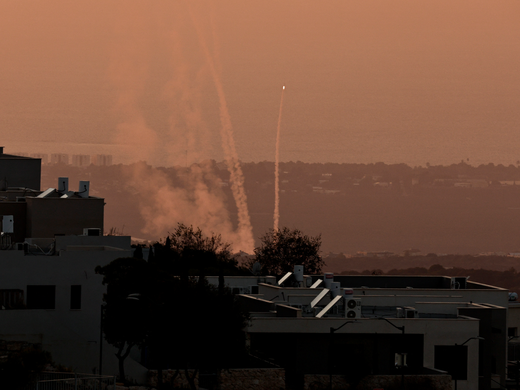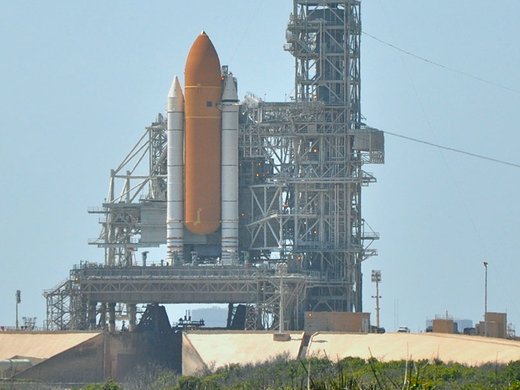Leaked US intelligence suggesting Russia may be developing nuclear weapons for use in orbit prompted the UN Security Council to make outer space security a key topic for the first time in April and May 2024. This focus marks a turning point in the governance of space peace and security, regardless of whether the fears are justified.
Diplomatic efforts toward PAROS — prevention of an arms race in space — have stalled in the UN General Assembly First Committee on International Disarmament and Security, and its negotiating body, the Conference on Disarmament, for more than 40 years. The deadlock stems from a divide between those advocating a legal ban on space weapons and those favouring strengthening existing law through transparency measures and agreed norms of behaviour. Meanwhile, threats are rising, as more countries are reported to be developing technologies to harm or disrupt space systems.
In this policy brief, Jessica West writes that the UN Security Council’s recent focus on space security highlights the inadequacies of current governance. The international community must reaffirm the consensus that nuclear weapons have no place in space and address the broader issues of space security. Strengthening confidence in space activities and compliance with agreements is a crucial next step.


